Rent Stabilized Tenants Likely to Face Rent Hikes of Up to 6 Percent Following Divisive Rent Boards Vote
The city’s roughly 2.4 million rent stabilized tenants could face an annual rent increase of up to 6 percent this year following a Rent Guidelines Board preliminary vote Thursday night.

Crown Heights. Photo by Susan De Vries
The city’s roughly 2.4 million rent stabilized tenants could face an annual rent increase of up to 6 percent this year, something tenant advocates say would be extremely damaging for the many low income rent stabilized tenants still reeling from the effects of the Covid-19 pandemic. However, landlords say the increase is not only needed to keep up with rising housing costs, but does not go far enough.
On Thursday night, the Rent Guidelines Board cast a preliminary vote in favor of increasing rents by 2 to 4 percent on one-year leases and 4 to 6 percent for two-year leases, with five members voting for the increase and four voting against.
The amounts preliminarily approved were a decrease on the board’s initial proposal of increases of 2.7 to 4.5 percent for one-year leases and 4.3 to 9 percent increases for two-year leases, and the move did not appease either the tenant or owner representatives on the board.
During the meeting, the board’s tenant advocates proposed increases of -1 to 1 percent on one-year leases and zero to 1.5 percent on two-year leases, while owner representatives proposed increases of 4.5 to 6.5 percent increases for one-year leases and 6.5 to 8.5 percent increases for two-year leases. Both proposals failed in a vote.
Any big increase in rents for the city’s regulated apartments would be a swift departure from the modest increases seen during the de Blasio era, and the proposals have been controversial as New Yorkers recover from the damage caused by the Covid-19 pandemic.
For his part, Mayor Eric Adams signaled support for increases at a news conference in April, saying small mom-and-pop landlords needed to be looked after. However, according to a report by a tenant advocate and adjunct urban planning professor at New York University, only around one-third of rent-regulated buildings are owned by landlords with five or fewer buildings.
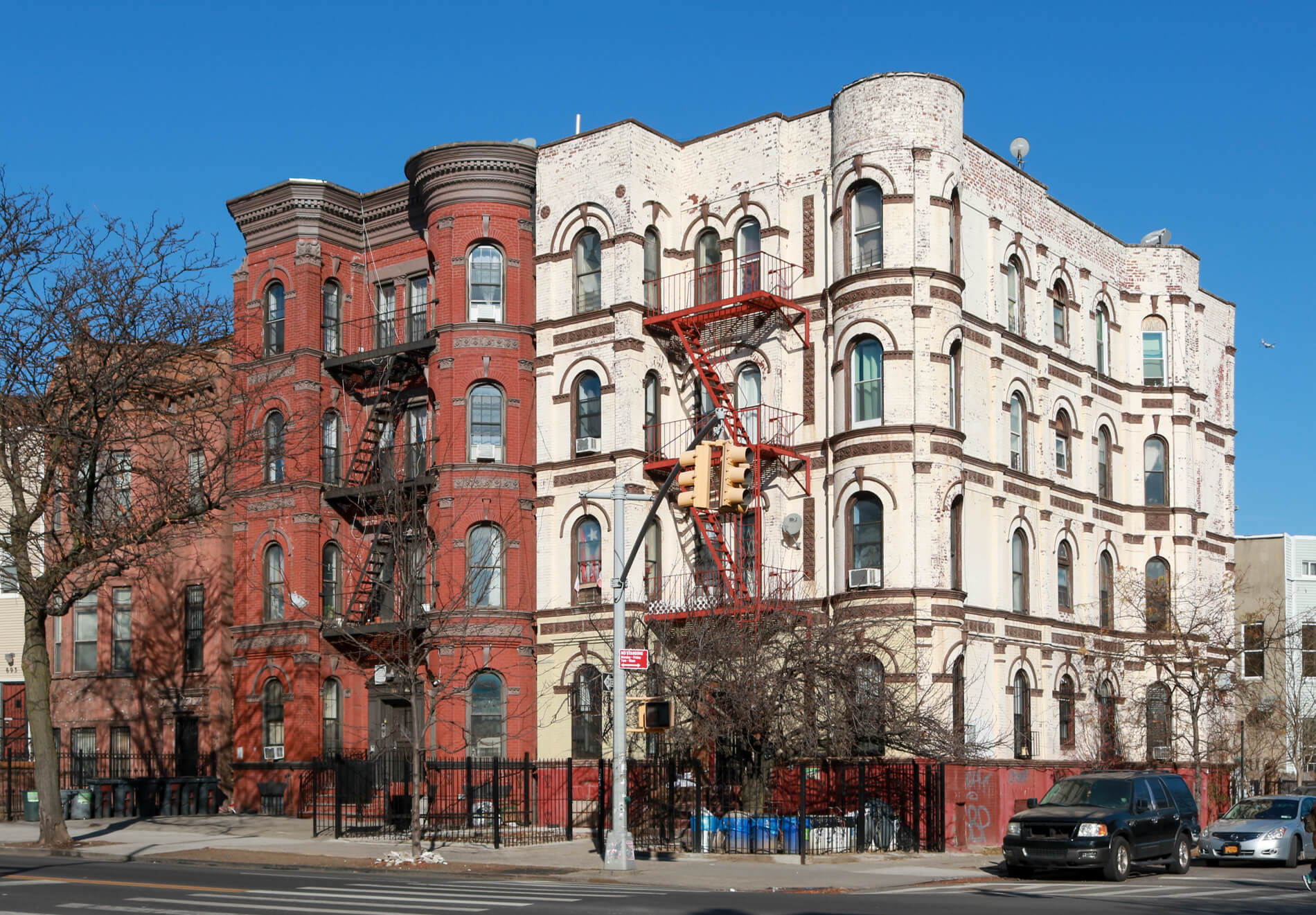
If the increases are approved by the board in a final vote, they would lead to vulnerable tenants facing eviction and homelessness, rent stabilized tenant and Crown Heights Tenant Union member Joyce Webster told Brownstoner.
“They want to see more people forced out of their places and sitting on the streets,” Webster said, referring to landlords.
“They’ll be jacking up the rent every two years, [more money] coming out of people’s pockets every two years when they’re trying to buy groceries and buy clothes for their kids and tend to all their needs.”
Webster and the CHTU are instead calling for a 9 percent decrease in rents, something they say is sorely needed by tenants who have “been through hell for decades,” not to mention the recent pandemic. Webster, who lives in a rent stabilized apartment in Bedford Stuyvesant, said her apartment currently had no heat and her landlord had hundreds of complaints against him and did nothing about it. She said she was certain he would not put any of his increased income back into his buildings.
Webster said she wanted Mayor Eric Adams to be aware of what low income New Yorkers in rent stabilized apartments were going through and stressed that increasing rents would lead to more homelessness. “He has to think about the people that cannot afford the rent. We want him to think about the poor people.”
Rent stabilized tenant Jannette Perez shared similar concerns with the Rent Guidelines Board at an April 26 hearing, saying she would likely face eviction from her apartment if the rent was increased, given the struggle she was currently having to make ends meet. Through a translator, Perez said that she had experienced unemployment during the pandemic and was still waiting on her full Emergency Rental Assistance Payment, and the additional cost per month could push her over the edge.
The tenants have also found support in a number of local politicians.
Brooklyn State Senator Zellnor Myrie, who represents the 20th District, told Brownstoner that the 50,000 rent-stabilized families he represents were the “very working class New Yorkers this mayor claims to champion.”
“Many of them are living paycheck to paycheck, in an ongoing pandemic, with inflation and evictions at historic highs,” he said. “A 9 percent rent increase would be devastating, and would call into serious question this administration’s commitment to protecting communities like mine.”
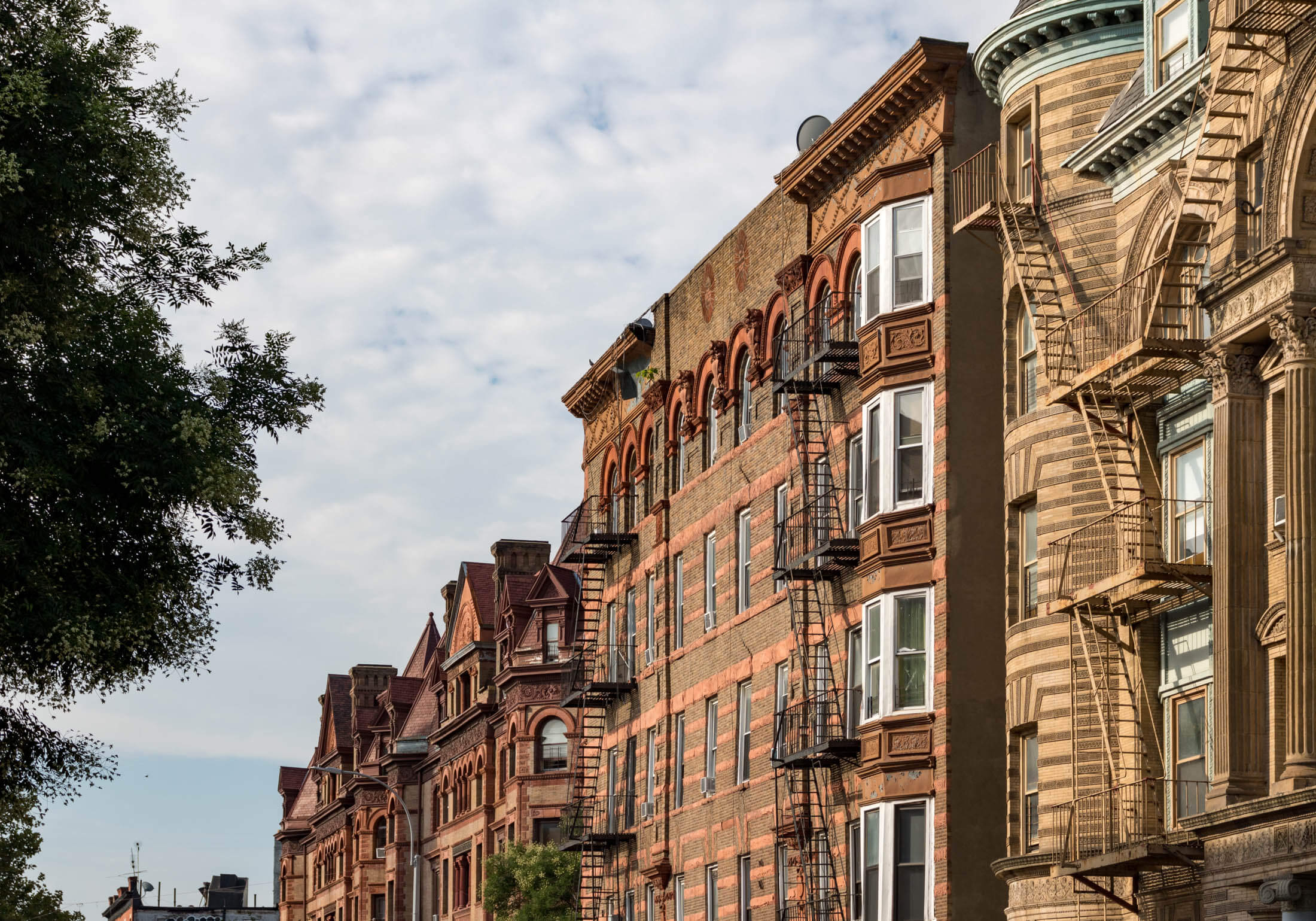
New York City Public Advocate Jumaane Williams and Comptroller Brad Lander also released statements ahead of the vote touting the damage the rent increase would have on many of the city’s low income renters.
Williams said although it was undeniable that housing costs were increasing for everyone, including owners, the solution was not to demand increased rent from the tenants who were struggling.
“Rising, unpayable rents will do nothing to alleviate the costs incurred over the pandemic – rather, they will exacerbate the problem and escalate the mounting eviction crisis,” he said.
However, representatives for landlords said the increases were much needed to keep up with a “widening and worrisome divergence between income from residential units and the expenses confronting rent stabilized property owners,” a spokesperson for the industry association Real Estate Board of New York told Brownstoner.
During the hearing, homeowner board members Robert Elrich and Christina Smyth said landlords were hurting with inflation and the rising costs of maintaining safe housing, and needed even greater rent increases to keep providing adequate services.
“These ranges will not put a dime more of profit in the pockets of homeowners,” Smyth said, referring to 4.5 to 6.5 percent increases for one-year leases and 6.5 to 8.5 percent increases for two-year leases. Due to the “volatile nature of inflation,” the increases wouldn’t even offset rising interest rates and costs of water, energy, gas and more, she added.
Increasing rents for rent stabilized apartments was, the pair said, vital to ensuring the city did not decommodify its housing stock, with buildings slipping into dilapidation and owners into insolvency.
The Rent Guidelines Board will hold two public hearings on the proposed increases ahead of a final vote on June 21, 2022.
Related Stories
- Rent Board Proposes Substantial Increases for Stabilized Apartments, Citing Rising Costs
- Housing Costs Heading Toward Record Highs After Pandemic Decreases
- What Is a Rent Stabilized Apartment, Anyway?
Email tips@brownstoner.com with further comments, questions or tips. Follow Brownstoner on Twitter and Instagram, and like us on Facebook.

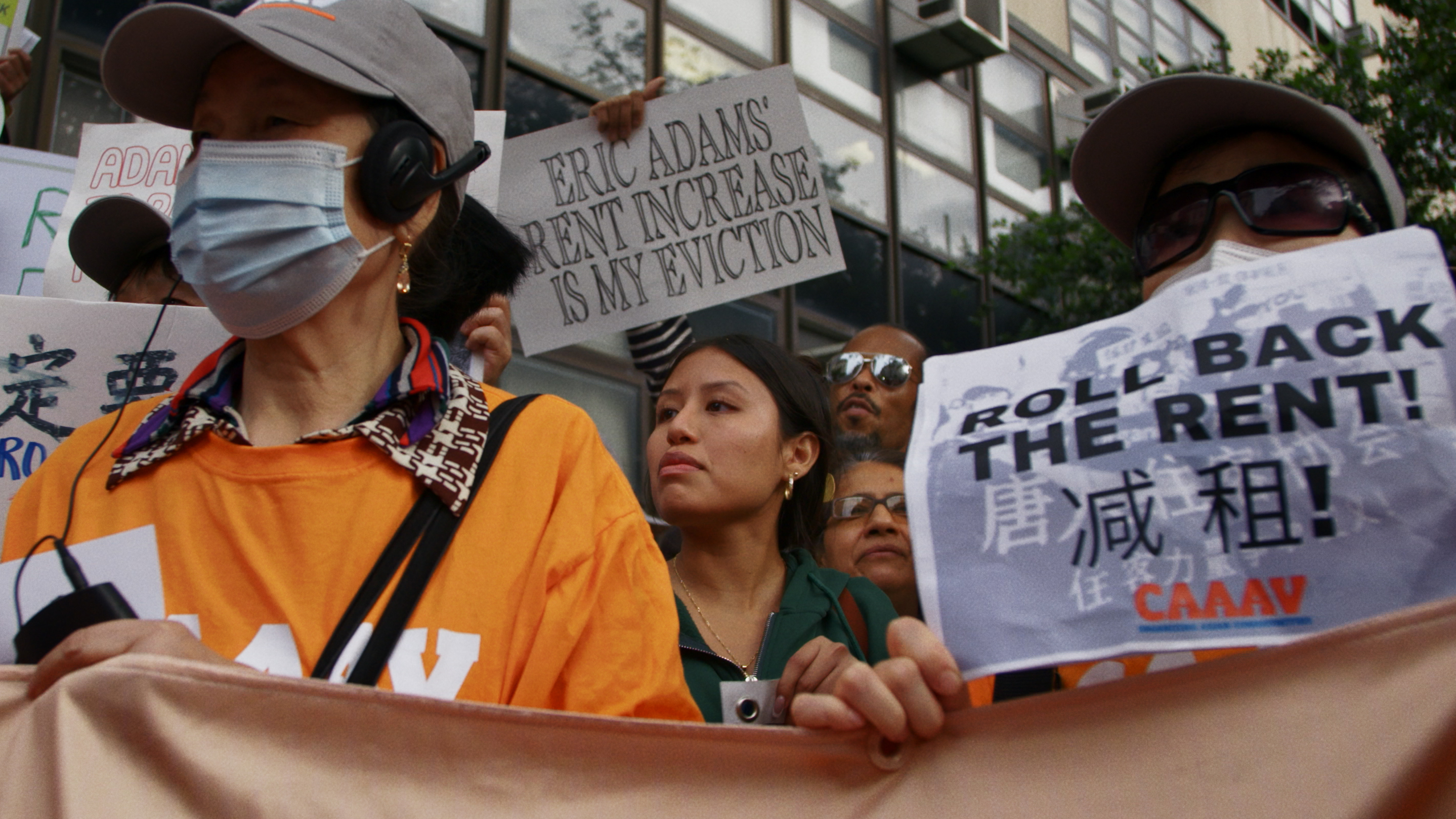
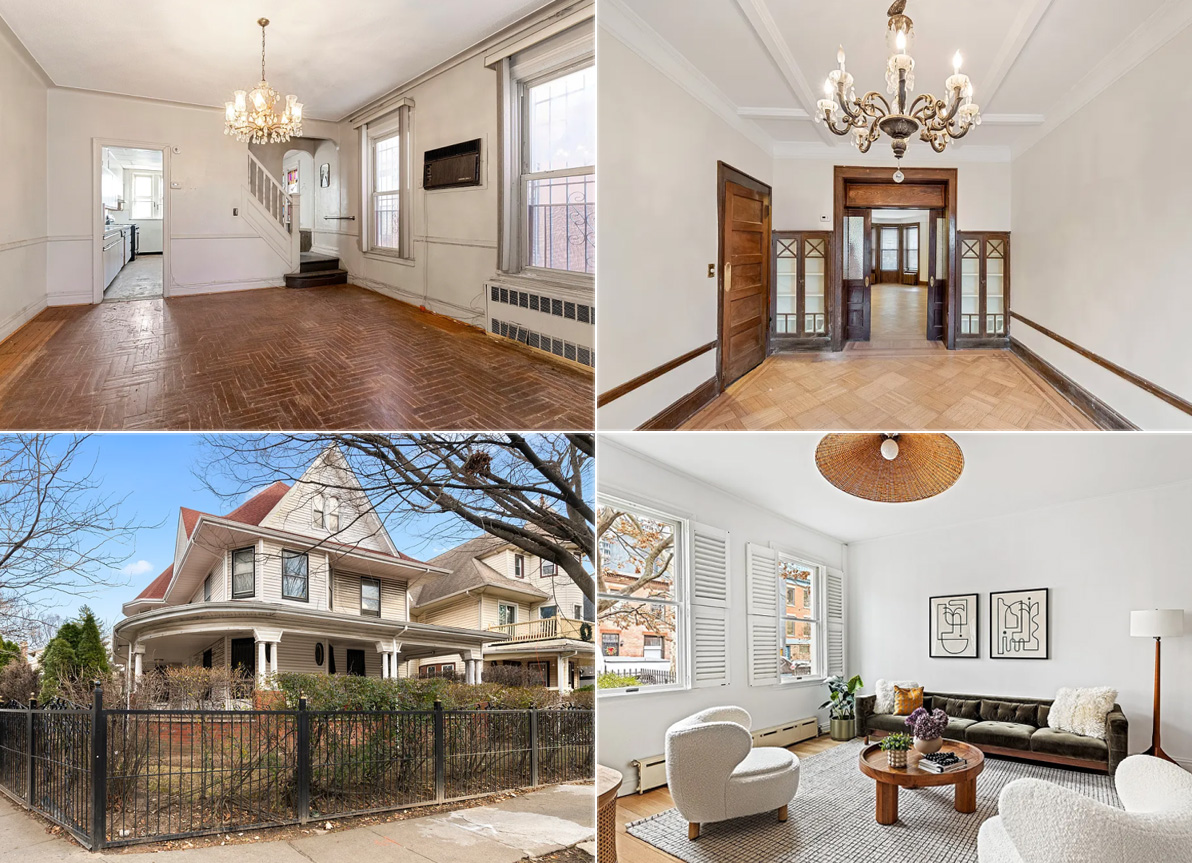
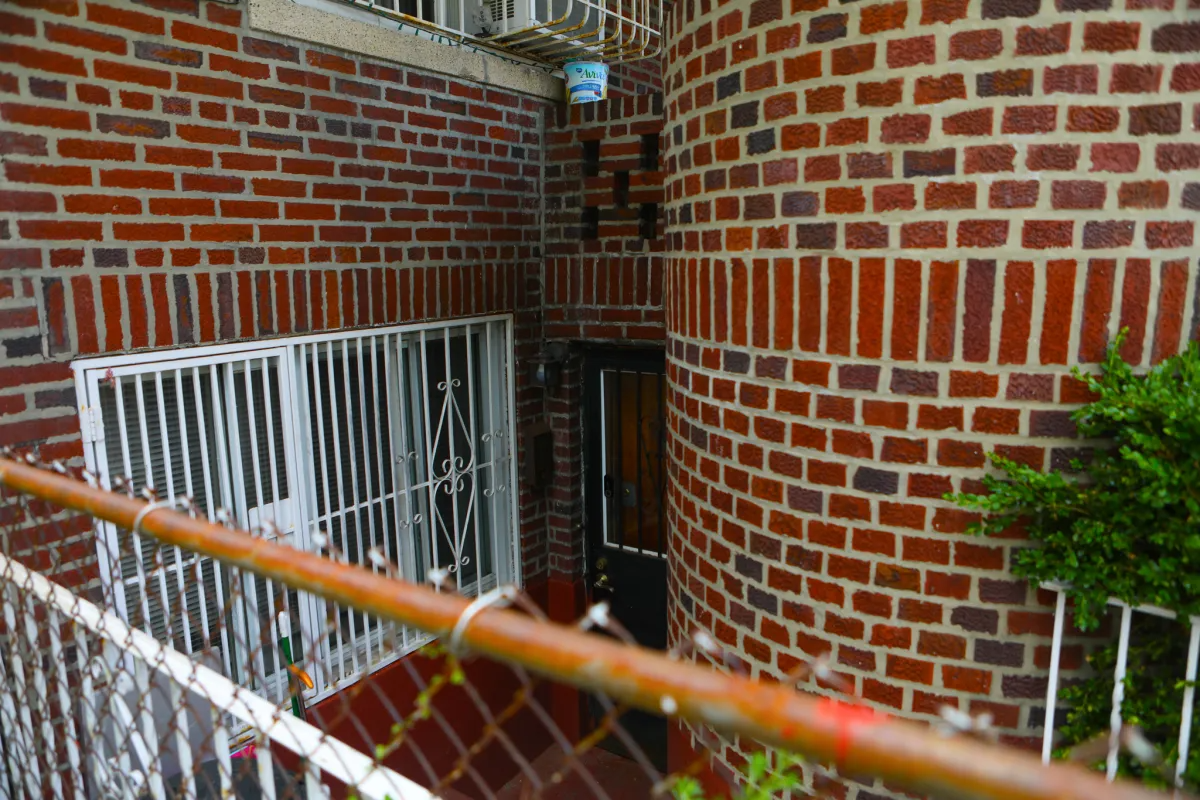
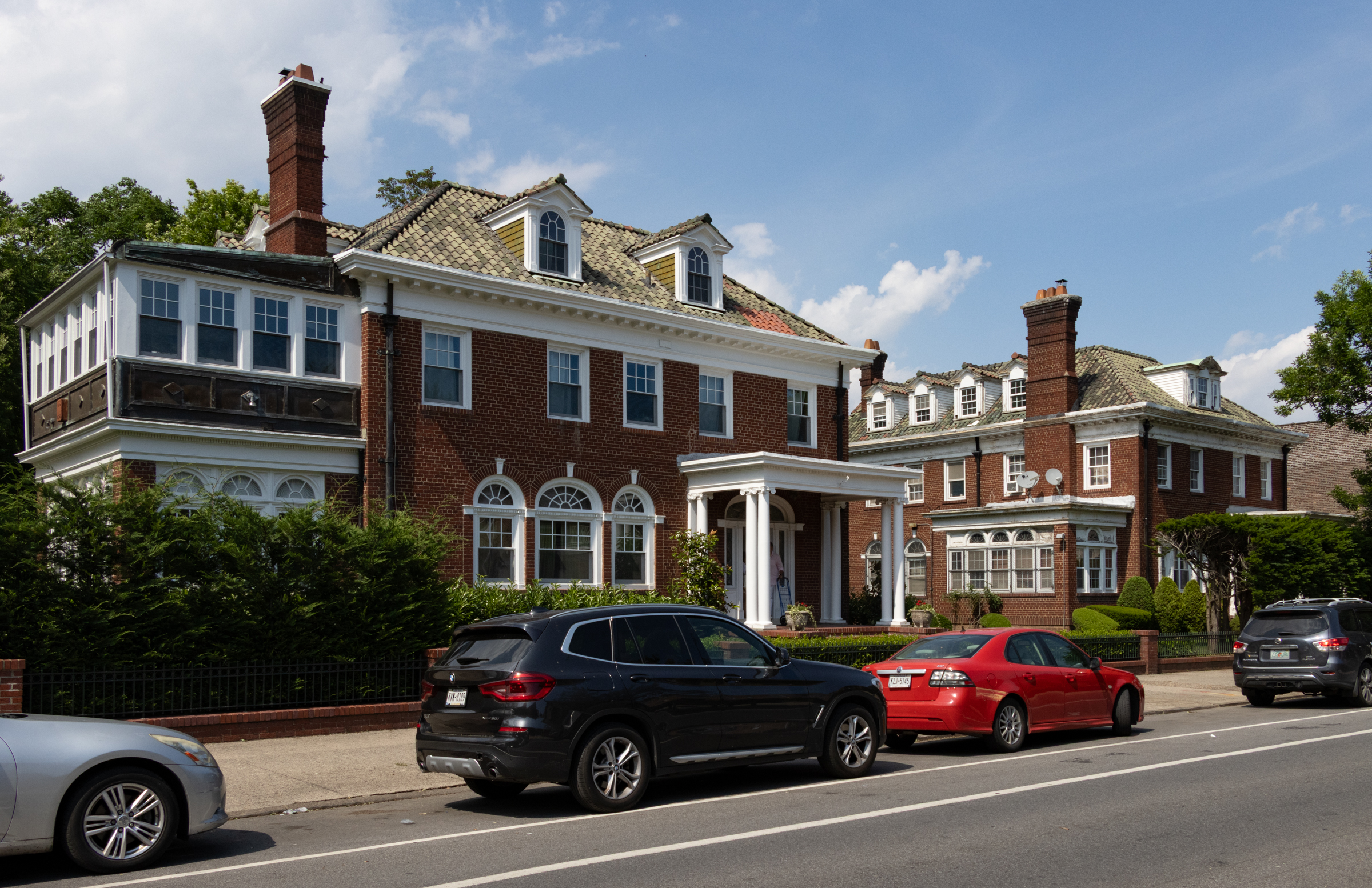
What's Your Take? Leave a Comment